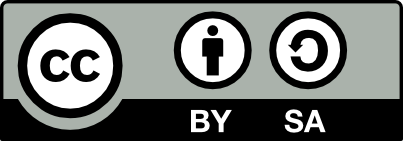Archives
International Journal of Zoology and Applied Biosciences Research Article

Acute Effects of Titanium dioxide nanoparticles in soil Bacteria, Fungi and Actinomycetes
Anitha Kumari P and Thangam Y
Year : 2022 | Volume: 7 | Issue: 4 | Pages: 22-33
Received on: 2022-06-30
Revised on: 2022-07-23
Accepted on: 2022-07-31
Published on: 08/06/2022
-
Anitha Kumari P and Thangam Y( 2022).
Acute Effects of Titanium dioxide nanoparticles in soil Bacteria, Fungi and Actinomycetes
. International Journal of Zoology and Applied Biosciences, 7( 4), 22-33.
-
click to view the cite format
Abstract
The Nanotechnology industry is growing rapidly, leading to concerns about the potential ecological consequences of the release of nanomaterials to the environment. Titanium dioxide nanoparticles (TiO2 NPs) are widely used in commercial products such as sunscreens and toothpastes, industrial products like paints, lacquers and paper, and in photocatalytic processes such as water treatment. Also, TiO2 NPs are indirectly discharged in agricultural soils through irrigation or sewage-sludge application and directly as nanofertilizers or nanopesticides. Soil microorganisms are key contributors to nutrient cycling and are essential for the maintenance of healthy soils and sustainable agriculture. Although the antimicrobial effects of a broad range of nanoparticulate substances have been characterised in vitro, little is known about the impact of these compounds on microbial communities in environments such as soil. This study focused on the acute effects of TiO2 NPs on soil microbial communities such as bacteria, Fungi and Actinomycetes. This research revealed substantial shifts in bacterial, fungal and actinomycetes community composition in soils amended with TiO2. The TiO2 NPs exerted an adverse effect on the microbial population, causing the reduction of bacteria, Fungi and Actinomycetes in the substrate. The viability of the microbial population was reduced at the high concentration (50 mg kg?1) of TiO2. Results demonstrate that microbial communities differed in their sensitivity to TiO2 NPs with its various concentration and the release of TiO2 NPs to the environment has the potential to alter the composition of these microbial communities, which could have implications for the stability and function of soil ecosystems.
Keywords
Ecotoxicology, Nanoparticles, TiO2, Aantibacterial effects, Microbial, Inhibition.











